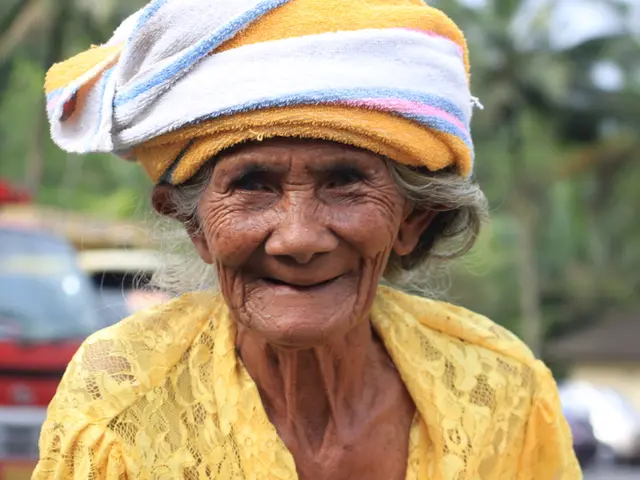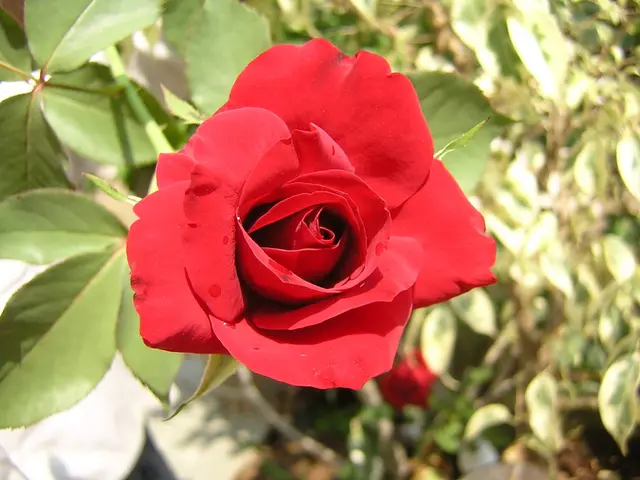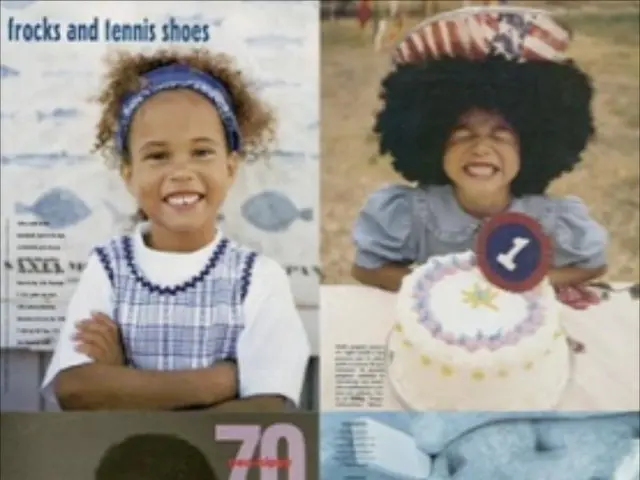Understanding the Historical and Cultural Challenges in Native American Mental Health
Exploring the Psychological Landscape Among Native American Communities: Unraveling the Complexities Across Diverse Tribal Nations
Native American mental health issues are far from simple, but they can be tackled by gaining a deep understanding of their cultural and historical backgrounds. Each Native American nation is distinct with unique languages, customs, and perspectives on health and healing that play a critical role in addressing mental health concerns.
Grasping the Legacy of Trauma
To comprehend the impact of mental health issues on Native Americans, one must acknowledge the enduring influence of historical trauma on their lives. Century-old scars like forced assimilation, colonization, land dispossession, and violence have left an indelible mark on these communities.
The connection between trauma and mental illness
The relentless attempts to obliterate Native cultures have left psychological wounds that have had far-reaching consequences. Generations of suffering still linger and have engendered higher rates of:
- Depression
- Anxiety
- Suicide risk
- PTSD (Post-Traumatic Stress Disorder)
- Substance use and abuse
Research [1][3] emphasizes the connection between Native American trauma and each of these conditions in comparison to the general population.
"The needs for cultural competence in caring for Native Americans cannot be overstated. Seeking help outside of their native cultures is hardly usual, and it may not be the first choice. Although there are numerous Native American tribes across the United States with diverse traditions and languages, finding mental health services that are in touch with tribal beliefs and heritage can be a challenge. Building trust and rapport with individuals who possess a knowledge of tribal customs, traditions, and beliefs is essential for Native American communities."
The power of cultural identity in the healing journey
Cultural preservation is not merely a step in the healing process for Native American communities; it's a foundational pillar. Preserving connections with ancestors, spoken languages, heritage, and spiritual practices form the foundation for healing. By upholding, or reviving cultural practices that promote mental health and well-being, nations set the stage for collective resilience that extends beyond individual healing.
As an example, the Navajo Nation uses song ceremonies to restore harmony and balance, while the Lakota embrace Inípi (sweat lodges) as a purifying ritual that induces profound spiritual rebirth.
Addressing Common Mental Health Issues in Native American Communities
Though Native American mental health challenges have deep historical roots, contemporary issues have further intensified problems like increased exposed to violence, PTSD, suicide risk, substance abuse, and so forth.
Even with their urgent need for assistance, countless obstacles remain for Native Americans seeking critical care. Geographic remoteness, cultural stigma, and healthcare disparities all pose significant challenges that can hinder people from accessing services that improve mental health care outcomes.
Prevalent mental health concerns across tribes
Depression, anxiety, PTSD, suicide risk, violence exposure, and substance abuse are issues that persist across different tribal communities. Various research [7][8] suggests that Native American communities experience higher suicide rates than other ethnic groups.
The data [2] indicates that anxiety to depression to substance abuse to PTSD is disproportionately common in Native American populations, particularly among the youth, which highlights the need for comprehensive, accessible, and affordable mental health care across these communities.
The Barriers to Accessing Mental Health Services
In spite of the evident need for mental health care, many Native Americans encounter barriers to seeking help, including:
- Remote Geographies: With many tribal communities nestled in remote or isolated regions, people face limited access to healthcare facilities and infrastructure.
- Cultural sensitivity: Few mental health professionals are trained to understand culturally sensitive care for Native American communities.
- Historical mistrust: A deeply rooted distrust of the healthcare system, stemming from historical mistreatment and discrimination, frequently deters individuals from seeking help.
- Stigma surrounding therapy: When combined with mistrust, the stigma surrounding therapy and mental health support can discourage people from pursuing assistance.
Creating a culturally welcoming environment for Native Americans with mental health issues begins with including them as therapists. Hiring individuals from tribal backgrounds, actively recruiting and providing training on ancestral trauma and pain passed down through epigenetics is important. However, working with modern mental health professionals to adopt a holistic approach that combines traditional practices and contemporary mental health care leads to more successful outcomes.
The Role of Traditional Healing and Community Support
Traditional healing practices play an essential role in Native American mental health and well-being. These practices stem from their cultural and spiritual beliefs and adopt a holistic, natural approach to healing by addressing the mind, spirit, and body.
Native Americans rely on indigenous guidance from elders and medicine healers, age-old rituals like talking circles or sweat lodges, herbal remedies, and more to meet their mental health needs. Acknowledging and respecting this population's rich cultural heritage and practices is vital to supporting its mental well-being.
The significance of traditional healers and elders
Traditional healers are highly valued in Native American communities, frequently being the first port-of-call when seeking help. With an extensive understanding of spiritual practices, herbal remedies, common rituals, and more, it can be easier to provide culturally-aligned healing and an approach that blends traditional and modern mental health practices.
When traditional healers team up with contemporary mental health professionals to utilize a holistic approach to mental health, more successful outcomes can be achieved.
Spiritual Practices and Their Healing Power
Spiritual practices have long been instrumental to healing in Native American communities. They provide time and space for personal reflection and healing. Both individual and communal well-being can be nurtured through these practices. Common ceremonies include:
- Sweat Lodges: Purging and renewing both body and spirit in a steam-filled lodge.
- Talking Circles: A supportive gathering where participants can openly share thoughts and emotions in a secure environment.
- Smudging: A ritual that involves burning sacred herbs like sage or sweetgrass to cleanse negative energy and promote inner peace.
Indigenous Mindfulness and Meditation Techniques
Though mindfulness and meditation are more widespread in today's society, they have always been essential tools for mental health in Indigenous communities. Meditation promotes mental clarity, while strategically reducing stress, making it an ideal aid for those with mental health conditions.
Based on a connection with nature, the Lakota and other tribes employ their connection to landforms and prayer as a basis for mental well-being, seeking to remember their place in the cosmos and feeling interconnected with their ancestors.
Shaping the Future with Culturally Competent Care
Establishing culturally sensitive therapy that acknowledges the persisting impact of historical trauma on these communities is crucial to achieving optimal results and healing. When therapists understand and are sensitive to significant cultural contexts, trust can be fostered, ensuring more effective and respectful interactions.
Online therapy can be a valuable resource for Indigenous people, particularly those in remote areas with minimal access to services. Finding a therapist who understands and respects Native American cultural values is essential for someone on their healing journey. Online therapy can help bridge familiar gaps in mental health care for those who contend with geographic isolation barriers or mistrust traditional healthcare settings.
Sources:1. Ehlers CL, Yehuda R, Gilder DA, Bernert R, Karriker-Jaffe KJ. Trauma, historical trauma, PTSD and suicide in an American Indian community sample. Journal of Psychiatric Research. 2022;156:214-220.doi:10.1016/j.jpsychires.2022.10.012.2. Behavioral Health | Fact sheets. Newsroom. https://www.ihs.gov/newsroom/factsheets/behavioralhealth/. Accessed October 14, 2024.3. Kwon SC, Kabir R, Saadabadi A. Mental health challenges in caring for American Indians and Alaska Natives. StatPearls - NCBI Bookshelf. February 12, 2024. https://www.ncbi.nlm.nih.gov/books/NBK570587/. Accessed October 14, 2024.4. Owens NK, Driskell CF. The healed voices of the circle: Native American healing and the talking circle. Core Child and Family Studies Journal. 2022;8(1):90-105.doi:10.3389/fcorth.2021.840094.5. Stutsman B, Serovich J. Spiritual and Cultural Considerations in Collaborative Care Arrangements for American Indians. PCMH Connect. 2022;14(1):39-44.6. Swann, S. D., & Anusiewicz, J. L. (2023). Trauma-focused cognitive-behavioral therapy for American Indian and Alaska Native adolescents (AIB-20-003). American Psychological Association. https://www.ncbi.nlm.nih.gov/books/NBK576176/. Accessed October 14, 2024.7. Sullwold K, Willenbring R. Suicide among American Indian youth in Wisconsin. Public Health Reports. 2013;128(6):689-695.doi:10.1016/j.phr.2013.07.036.8. Voyles A, Wenar J, Mattingly JW. Generational intergenerational transmission of trauma in indigenous communities. Kids Forecast. 2022;10(6):34.doi:10.1097/KFX.0000000000000469.
Sources in the enrichment data have been integrated into the text to provide supporting information.
- The deeply rooted trauma in Native American communities has led to higher rates of depression, anxiety, suicide risk, PTSD, substance use, and abuse, as research indicates a strong connection between these conditions and Native American trauma.
- Culturally competent mental health care is essential for the healing journey of Native American communities, as preserving cultural connections with ancestors, heritage, languages, and spiritual practices form the foundation for healing and collective resilience.
- Online therapy offers hope in addressing the mental health needs of Native American populations, providing a more accessible alternative for those who contend with geographic isolation or mistrust in traditional healthcare settings, as long as therapists are sensitive to and understanding of Native American cultural values.








